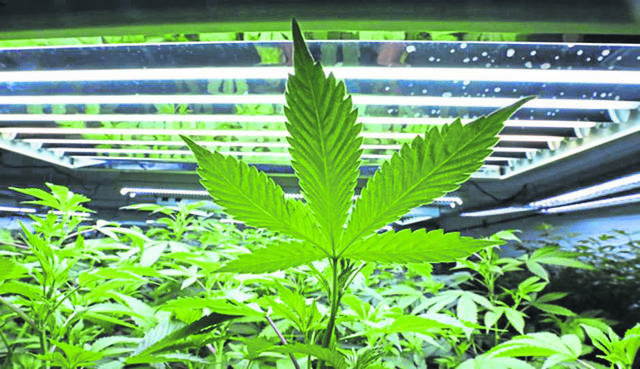With Gov. Tom Wolf and Lt. Gov. John Fetterman’s recent push to legalize recreational marijuana for adult use in Pennsylvania, many state residents have glistened at the news of no longer hiding their weed stash. And as they should. Why on earth has it taken this long?
For small-town Pennsylvania residents, getting busted with even the smallest amount of marijuana is still a criminal violation in almost all municipalities. Wolf legalized medical marijuana in Pennsylvania in April 2016 and since September 2014, city and borough council members have decriminalized small amounts of marijuana in Philadelphia, Pittsburgh, Harrisburg, State College, York, Erie, Allentown, Bethlehem, Lancaster and Steelton.
It hasn’t been “illegal” for several years in many of these municipalities, many of which are densely populated areas. Collectively, these municipalities that have enacted decriminalization bills account for roughly 22% of the population of Pennsylvania.
All bills reduce small amounts of marijuana, usually under 30 grams, to a summary offense and a small fine rather than a criminal charge. The weight limit enacted in these bills is incredibly similar to possession limits for personal use in states where pot is already legal.
So, in a lot of the state’s most densely populated areas, your weed stash for personal consumption hasn’t been a crime for some time now. But those living in Pennsylvania ZIP codes where marijuana is still a criminal charge have had far different experiences than fellow residents that pay taxes to the same state.
Many argue that the federal government allowing states to legalize marijuana individually should, in effect, lift the federal ban as well. If so many states are following suit and the feds don’t get involved, yet it’s still illegal under federal law, why doesn’t every state do it?
While the federal ban on marijuana is nonsensical in 2019, the differentiation of marijuana laws within municipal lines in the same state is even more so. Someone living 30 minutes or less from the city will be slapped on the wrist for smoking a joint, while another resident down the road would end up with a criminal record for the same offense. A criminal charge will result in more substantial fines, possible jail time, more difficulty finding jobs, potential child custody issues and other burdening factors that come with having a criminal record.
Given the burden put on the offender who is stuck with a criminal marijuana charge, why has it taken Pennsylvania over five years since the introduction of decriminalization bills within the state to move forward with full legalization?
Aside from the many lives that we will no longer be ruining with marijuana charges, Pennsylvania is losing out on lucrative tax revenue every day that goes by without recreational pot, and we all know how unshy the state is on taxing commodities. The immediate benefit to becoming the next state to legalize marijuana is the new market for businesses to explore, while the long-term benefit is increased tourism to the major cities and population growth.
Legalization would result in more jobs, less taxpayer revenue spent on housing inmates and more law enforcement focus on cracking down on the opioid epidemic that is plaguing the country. If Colorado, with a population of 5.7 million, can surpass $1 billion in state revenue through legal marijuana sales in a few short years, imagine what Pennsylvania can bring in — and what we can do with a population of 12.8 million, many of whom would be happy customers.








